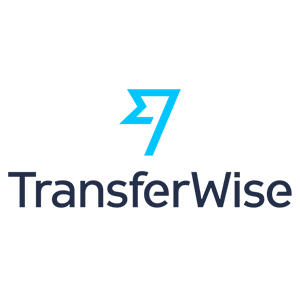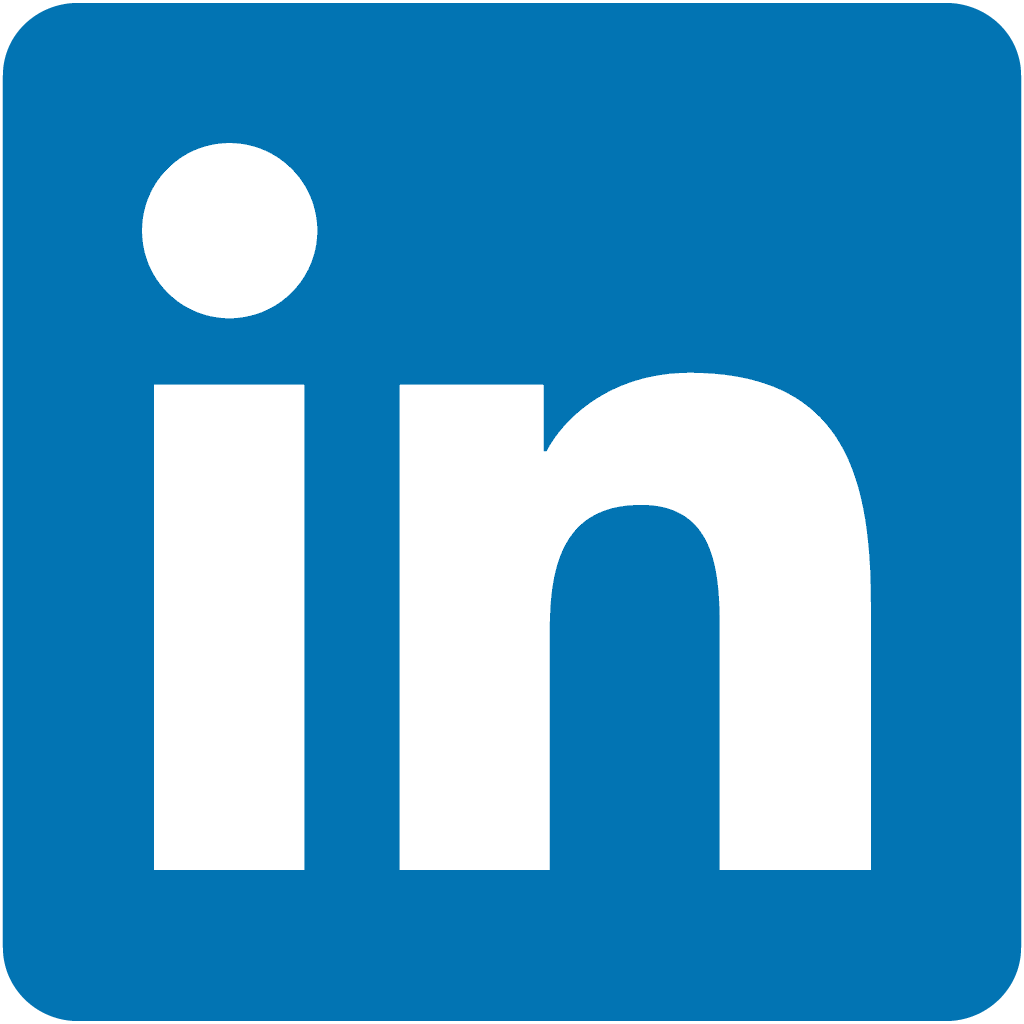How I Leveraged My LinkedIn Network To Create A $1.8M/Year Procurement Conference
Hello! Who are you and what business did you start?
Hi Startup Enthusiasts! My name is Matthias Gutzmann and I am the CEO and Founder of DPW (Digital Procurement World). I started DPW in 2019 as the “Web Summit for Procurement”, a conference, with the idea of supporting large procurement organizations with their digital transformation by connecting them with the best new startup technologies and sharing best practices on digital procurement.
Since then, we have launched several other services built around the conference, including ScoutLab, a tech scouting, and a scaling service. Our ScoutLab team pairs large organizations including Johnson & Johnson, Shell, and Roche – with pioneering startups to help them drive tech innovation.
To get DPW off the ground in 2019, I left my well-paid job in New York, moved back into my parents’ house in Germany, and invested my entire personal savings to launch DPW.
We’ve been growing exponentially ever since, and just capped 2022 with €1.8M in revenue.





































